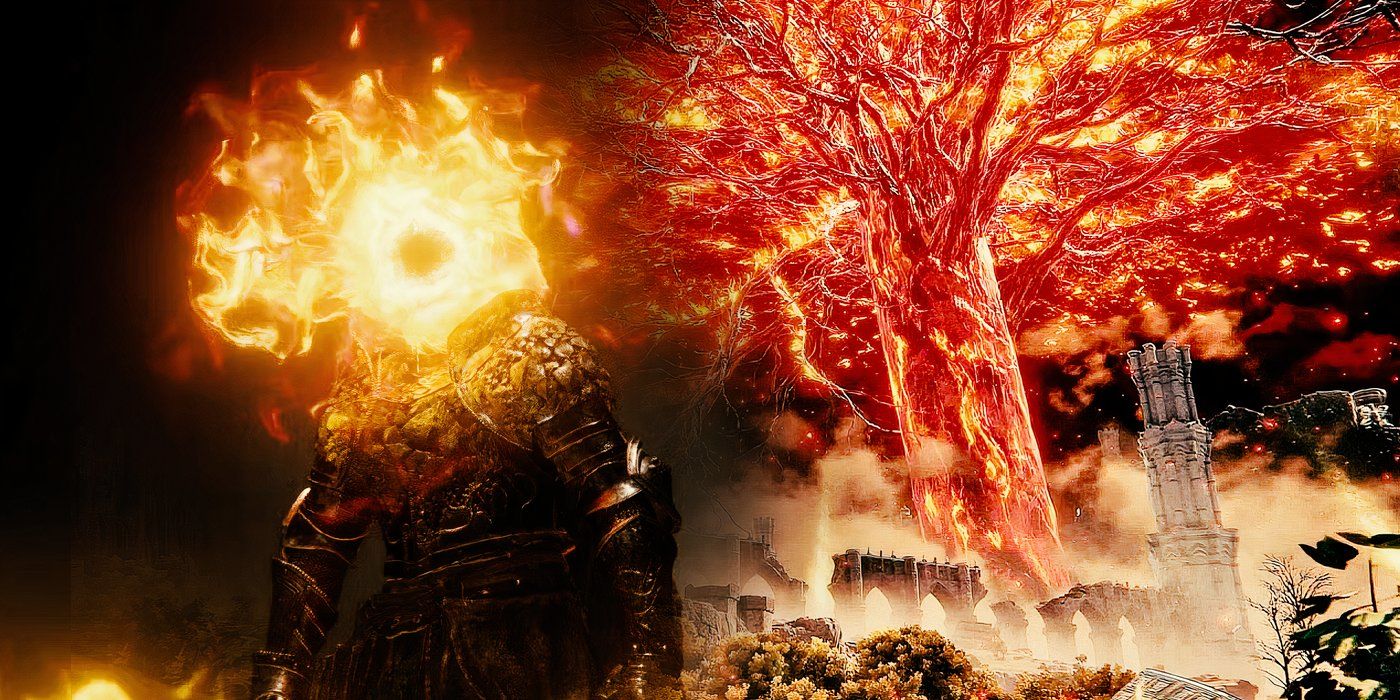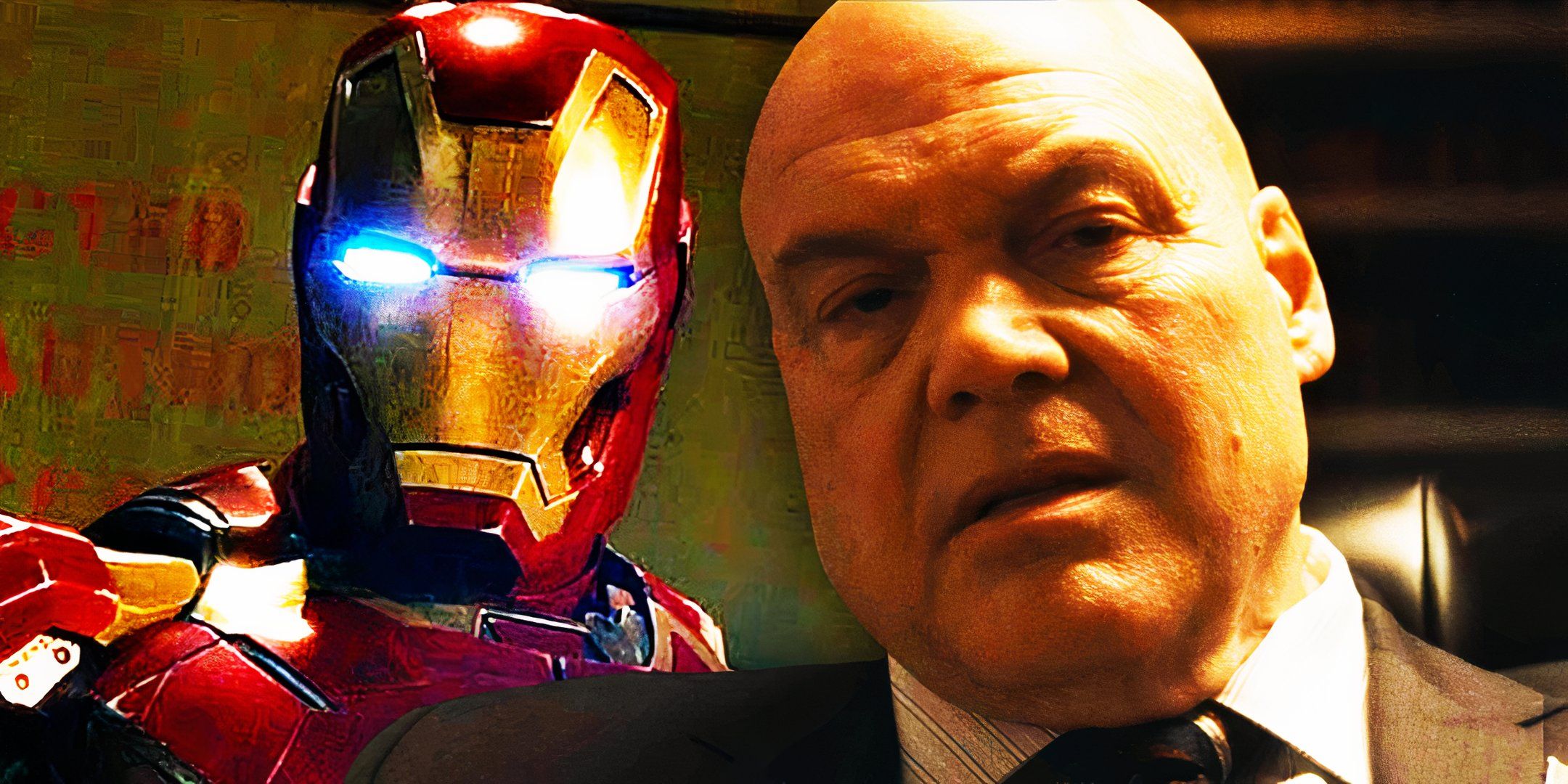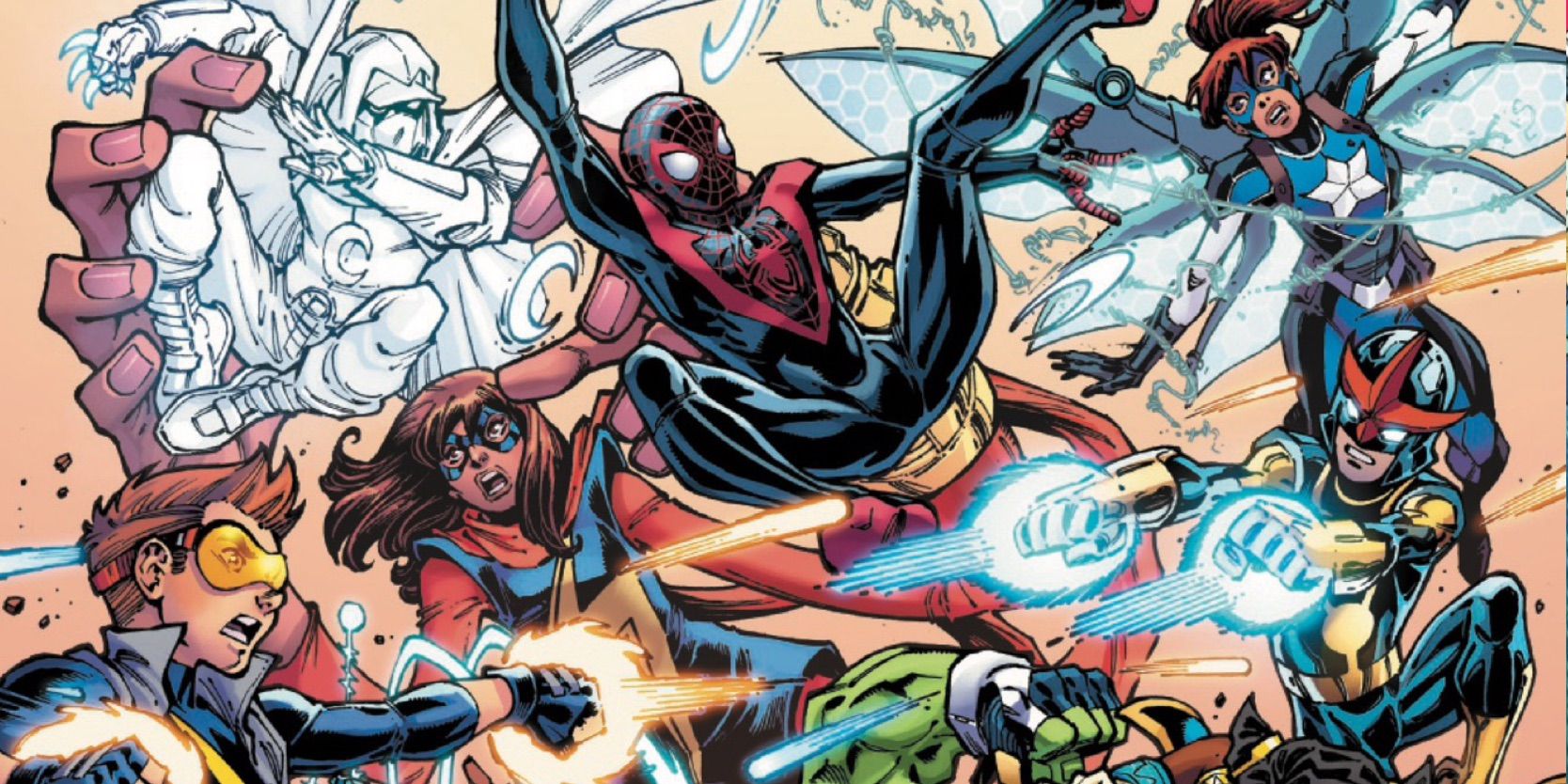There's More Than One Reason An Elden Ring Sequel Wouldn't Really Work
Summary Developing a sequel to Elden Ring poses a challenge due to its unique narrative that ties more strongly to the game's present day.
An Elden Ring sequel may not be able to honor every player choice or ending, presenting a narrative challenge for developers.
Possible solutions for a sequel include setting it in a new location, picking a specific ending, or collaborating with George R. R. Martin for a time skip.
Elden Ring is FromSoftware's most successful game yet, and an evolution of the Soulsborne formula that the studio pioneered with Demon's Souls and Dark Souls - but many of the aspects of Elden Ring that make it what it is also make it much more difficult to develop a sequel for. While Elden Ring could very well be the start of a new franchise for FromSoft, especially considering its massive success, the studio will have to work past some notable roadblocks that weren't present in the Dark Souls trilogy.
With the notable exception of the three Dark Souls games, many of FromSoftware's RPGs have not been direct sequels, with Demon's Souls, the original Dark Souls, Bloodborne, and now Elden Ring all being more in the vein of spiritual successors - building on the studio's past work without directly carrying forward the same lore or storylines. Dark Souls 2 and 3 stand as notable exceptions, but the same storytelling aspects that made Dark Souls more conducive to sequels aren't necessarily present in the studio's newest and most popular game.
Related Elden Ring Review: Hands Across America Elden Ring is a staggeringly large, nearly perfect culmination of everything FromSoftware has developed since the release of Demon's Souls.
The Dark Souls Approach To Sequels Wouldn't Work For Elden Ring
An Elden Ring Sequel Can't Time Skip Like The Dark Souls Sequels Did
Close
Despite Elden Ring and Dark Souls sharing much of the same DNA, Elden Ring doesn't share the aspects of Dark Souls that made it more conducive to direct sequels. The stories of the Dark Souls sequels, especially Dark Souls 2, are relatively unconnected to what came before them. While there are definite connections to be made, and many direct references to past events (especially in 3), both sequels take place after incredibly long time skips, making the events of previous games more like background details than vital knowledge.
The same approach, however, might prove more difficult to pull off in Elden Ring. A core part of the game's narrative is built around the history of the Lands Between, written in collaboration with George R. R. Martin, that heavily informs the present day conflicts of Elden Ring. Unlike in Dark Souls, which presents even many of its most important characters and bosses as remnants of an age long past, many of Elden Ring's most important figures are still active participants trying to lead the world in a new direction.
As a result, Elden Ring feels much more strongly tied to the present that players go through in-game, and going for a massive time skip in a sequel would run a greater risk of feeling jarring or narratively unsatisfying. Whereas Dark Souls could leap to new, but vaguely related settings and time periods (admittedly much more overtly related in DS3) across its sequels, the lore and narrative of Elden Ring make it less well-suited to replicating that effect in a sequel.
Related Don’t Get Your Hopes Up For Elden Ring 2, Despite Miyazaki Saying It’s Possible Elden Ring Director Hidetaka Miyazaki has acknowledged the possibility of an Elden Ring 2, but it is still best to restrain any excitement.
An Elden Ring Sequel Can't Account For Every Ending
Player Choice Is Impossible To Account For
While the time skip approach of the Dark Souls trilogy would be harder to justify in Elden Ring, the approach of trying to make a true direct sequel, set shortly after the end of the game, presents problems of its own. Importantly, one thing that Dark Souls 2 neatly circumvented with its massive time skip was having to account for player choice - whether the player character in the original Dark Souls chose to link the fire or leave it, enough time has passed by the start of the sequel that it doesn't matter, so there's no strictly canon player choice in Dark Souls.
However, Elden Ring can't quite take the same approach - whereas DS and DS2 each only had two possible endings that sequels would have to account for, Elden Ring has six endings, each of which lead to drastically different world states that a sequel wouldn't be able to reconcile. The Lord of Frenzied Flame or the Age of the Stars endings, for example, are too drastically different from both each other and the other four endings to simply hand-wave away in a sequel, which means that Elden Ring would have to pick a canon ending in a sequel.
An Elden Ring sequel would be caught between the fact that it's not possible to honor every player choice and ending from the first game, and also narratively unsatisfying to hand-wave those different endings away with a time skip. The same aspects of Elden Ring's narrative that serve to differentiate it from Dark Souls also make it harder to develop a sequel for, with no easy answer or obvious approach for FromSoft to take.
Related When Shadow Of The Erdtree Takes Place On Elden Ring’s Timeline Elden Ring's new Shadow of the Erdtree DLC adds new events to the game's story, but it isn't entirely clear when they take place on its timeline.
How An Elden Ring Sequel Could Work
Despite The Challenges, A Sequel Could Still Happen
However, while it would be harder to make an Elden Ring sequel in a narrative sense, it's hardly impossible, especially for a studio as experienced as FromSoft. One possible solution is to take an approach similar to Fallout, bypassing the need to canonize any single ending by simply setting the sequel in another location. Though Elden Ring is strongly tied to the Lands Between, the game does make mention of other locations, some of which could possibly make interesting areas in sequels.
If Elden Ring stays within the Lands Between, though, another solution would be to simply pick one ending and stick to it - either the ending with the most interesting consequences, like the Age of Stars, or endings which leave as much room as possible for FromSoft to work, like the default Age of Fracture ending. In particular, the Lord of Frenzied Flame ending has several interesting implications and ends on what is essentially a cliffhanger, and so could serve as a good basis for a sequel.
Finally, a time skip does remain as an option - though it doesn't seem like it would fit Elden Ring as well as Dark Souls, it should be noted that the original Dark Souls itself wasn't really set up for it either. The concepts and repeating conflict that made the time skip approach work were mostly only introduced in Dark Souls 2, and there's nothing to say that FromSoft couldn't do something similar for an Elden Ring 2 - especially if the studio collaborates with George R. R. Martin again to progress the world into some distant future.
Of course, it's entirely possible that FromSoftware's next game after Elden Ring is yet another spiritual successor with an entirely new setting, as Dark Souls is still the only FromSoft-developed Soulsborne to have become a series - the studio's next project could very possibly not even be a Soulsborne, given the success of other recent games like Armored Core 6 and Sekiro. Given the level of mainstream appeal that Elden Ring has achieved, though, it's hard to imagine that FromSoftware isn't at least considering a sequel, and the challenges inherent in developing one.











COMMENTS